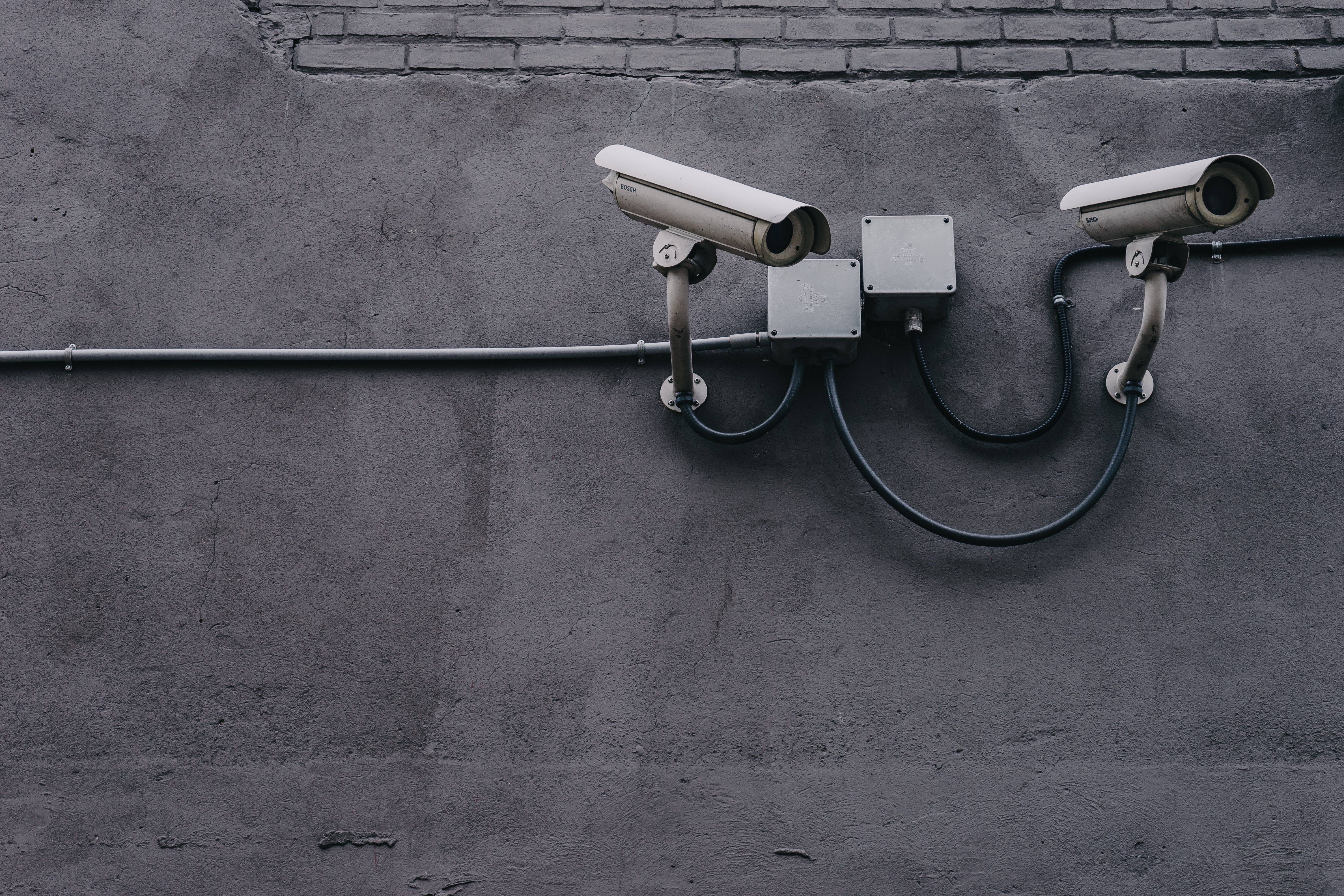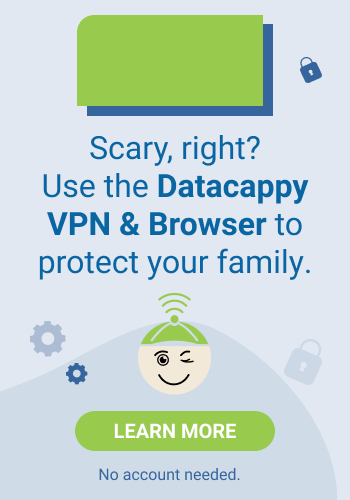
The Cloud is everywhere. Unless you’re in a technology field, you may not have a strong understanding of what this means in real terms, or how it can negatively impact your family’s right to privacy. Europe added a new layer of protection for citizens in May 2018 with their new GDPR (General Data Protection Regulation) requirements, but lawmakers in the U.S. have yet to adopt similar requirements. For parents, this means that your family’s personal information may not be as secure as you think it is.
What is Cloud Computing?
In its simplest form, cloud computing simply means that instead of running software on your local PC or Mac, you’re using someone else’s computing services — generally over the internet. Since your information is no longer being processed locally in your computer, there is always the possibility that its security could be compromised. While that thought may make you want to disconnect your WiFi or high-speed internet once and for all, the reality is that today’s complex operations and connections are created in the cloud.
Risks and Vulnerabilities
Businesses of all sizes leverage cloud-based technologies to outsource portions of their operations such as data storage, IT help desk features and accounting or payroll. Essentially, you are passing your information to a third party and trusting that they will be able to adequately protect your sensitive data and personal information. Personal cloud computing has similar risks. While security in cloud computing is robust, there is always the possibility that an employee could view information that could be detrimental to your family. Alternatively, your personal information could be stolen from a remote server.
Protecting Your Family’s Data
As parents, we are always looking for ways to protect our kids and their information from predators and those who wish them harm. While it’s not feasible to “opt out” of cloud usage, you can look for ways to limit how your family’s data is stored and displayed on the internet. Social media networks such as Facebook or Instagram do a great job of protecting your photo and video memories. However, they can also provide a wealth of information that you may not be comfortable with others having — such as the location where photos are taken. Unless you are exceptionally careful, you may discover that your privacy settings aren’t as secure as you thought that they were.
It is probably not realistic to store all of your information on your desktop computer, and never connect that computer to the internet. In today’s hyperconnected world, it’s important to be diligent but realistic — and always looking for ways to protect your family’s privacy and personal information.







